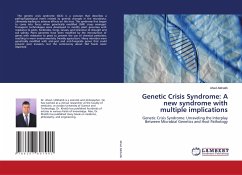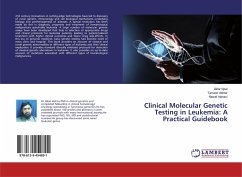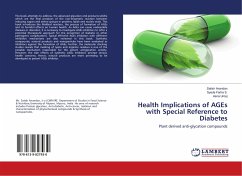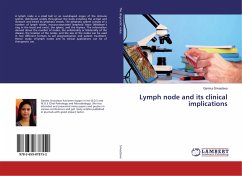The genetic crisis syndrome (GCS) is a concept that describes a pathophysiological event related to genetic changes in the microbiota, ultimately leading to adverse effects on the host. This syndrome first began to come into focus when genetically modified (GM) crops emerged. Transgenic technologies were developed to modify plant genomes with resistance to pests, herbicides, fungi, viruses, and tolerance to drought and soil salinity. Plant genomes have been modified by the introduction of genes with resistance to pests to prevent the use of chemical pesticides, resulting in more environmentally friendly agriculture. Many microbes were genetically modified with anti-pest and anti-fungicide genes that could prevent pest invasion, but the controversy about GM foods never dispirited.








